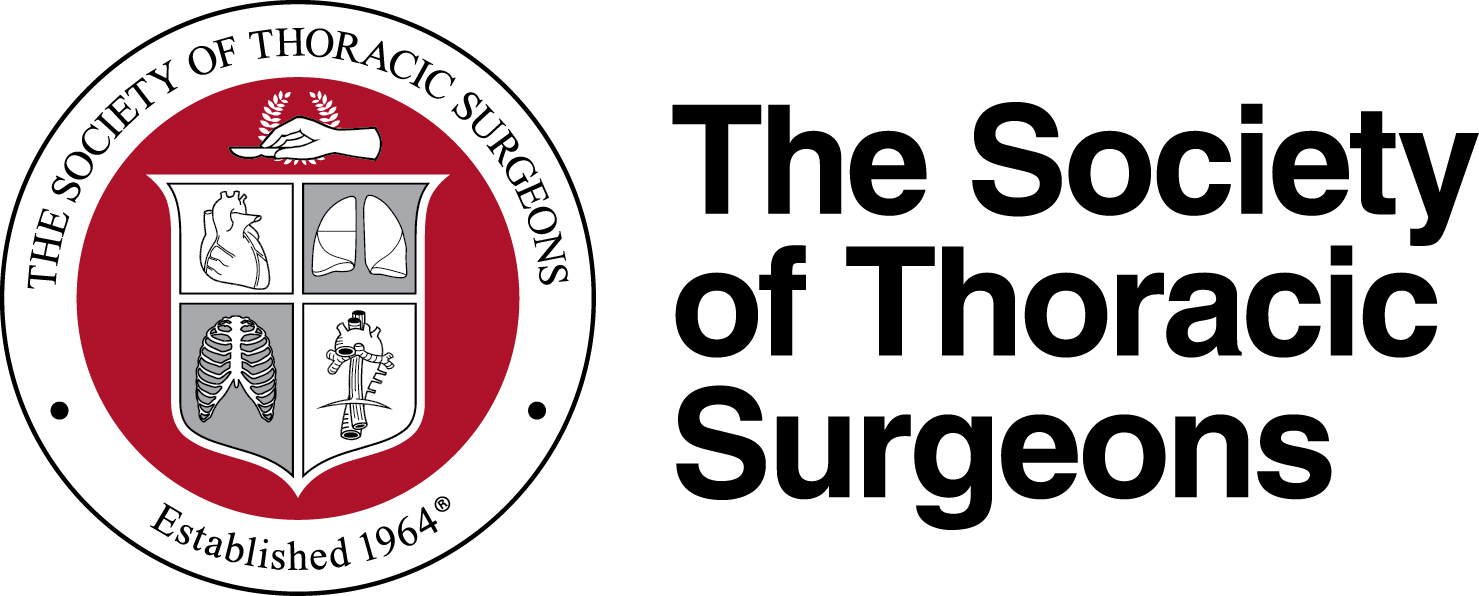Newswise — SAN ANTONIO (January 27, 2024) — The Society of Thoracic Surgeons has released late-breaking research scheduled for presentation at the 2024 Annual Meeting taking place January 27 - 29 in San Antonio. The conference, healthcare’s leading scientific and educational convening specializing in cardiothoracic surgery, has a rich history of showcasing clinical trials with a strong foundation of detailed methodology and trusted data collection governed by ethical clinical principles.
The event’s late-breaking trial sessions focus on studies anticipated to significantly influence advances in cardiothoracic patient care. In this fast-paced healthcare landscape, surgeons look for the latest evidence to identify new therapies or preventive measures and help inform the most effective treatment decisions.
Key late-breaking studies selected for presentation include:
Longitudinal Follow-up of Elderly Patients After Esophageal Cancer Resection in the Society of Thoracic Surgeons General Thoracic Surgery Database
The study defines characteristics associated with long-term survival following esophagectomy for cancer in the Medicare population, using the STS General Thoracic Surgery Database linked to Centers for Medicare and Medicaid Services data. The analysis included 4,798 patients from 207 STS sites who underwent esophagectomy between 2012-2019. The researchers found that Medicare patients undergoing esophagectomy for cancer exhibit identifiable predictors for long-term survival and readmission. The absence of pathologic T and N downstaging increases the risk for long-term mortality and readmission.
These findings suggest opportunities to enhance clinical practice and improve outcomes for Medicare patients undergoing esophagectomy for cancer.
Cardiac Surgery after Transcatheter Aortic Valve Replacement: Trends and Outcomes
The researchers set out to document trends and outcomes in cardiac surgery following transcatheter aortic valve replacement (TAVR), a topic gaining importance as reports of subsequent cardiac operations and early TAVR explantations increase. Using the Society of Thoracic Surgeons Adult Cardiac Surgery Database, the study covers adult patients who underwent cardiac surgery after an initial TAVR from January 2012 to March 2023.
The findings underscore the escalating need for both aortic and non-aortic valve cardiac surgeries following TAVR. They note a substantial increase in the frequency of these surgeries, emphasizing the importance of understanding outcomes. The observed elevated risk in these cases, as indicated by mortality and stroke rates, calls for careful consideration, particularly given the expanding use of TAVR across a broader range of age and risk profiles. The study suggests the need for ongoing assessment and longitudinal evidence to inform decision-making in the evolving landscape of TAVR applications.
The STS 2023 Clinical Practice Guidelines for the Surgical Treatment of Atrial Fibrillation: Key Takeaways and How Do They Differ from the ACC/AHA Atrial Fibrillation Clinical Practice Guidelines?
The Society of Thoracic Surgeons' 2023 clinical practice guidelines for the surgical management of atrial fibrillation (AF) incorporates the latest evidence for surgical ablation (SA) and left atrial appendage occlusion (LAAO) across various clinical scenarios. It emphasizes the evolving role of surgical ablation and left atrial appendage occlusion in managing atrial fibrillation.
Compared to the 2017 clinical practice guidelines, this latest version emphasizes SA in first-time, non-emergent cardiac surgery and its long-term benefits, an extension of the recommendation to perform SA in all patients with AF undergoing first-time, non-emergent cardiac surgery. Further guidance is provided for patients with structural heart disease and AF who are considered for transcatheter valve repair or replacement.
The recommendations highlight the importance of a multidisciplinary team, comprehensive assessment, and long-term follow-up, with specific attention to diverse clinical scenarios. The Class I recommendation for LAAO and expanded use of SA signify the growing confidence in these interventions based on recent evidence.
Impact of Surgical Factors on Event-Free Survival in the Randomized, Placebo-Controlled, Phase 3 Trial of Perioperative Pembrolizumab For Early-Stage Non-Small-Cell Lung Cancer
New findings from the KEYNOTE-671 research study, focused on resectable early-stage non-small-cell lung cancer (NSCLC), have unveiled a significant breakthrough in the treatment landscape.
The study, titled "Impact of Surgical-Related Data on Event-Free Survival in KEYNOTE-671," demonstrated that neoadjuvant therapy with pembrolizumab plus chemotherapy did not delay surgery. Neoadjuvant pembrolizumab plus chemotherapy with adjuvant pembrolizumab provided meaningful improvement in EFS compared with neoadjuvant chemotherapy alone for resectable early-stage NSCLC regardless of clinical nodal status, baseline disease stage, or type of surgery.
Note to editors: Abstracts are available upon request.
# # #
Founded in 1964, The Society of Thoracic Surgeons is a not-for-profit organization representing more than 7,700 cardiothoracic surgeons, researchers, and allied healthcare professionals worldwide who are dedicated to ensuring the best possible outcomes for surgeries of the heart, lung, and esophagus, as well as other surgical procedures within the chest. The Society’s mission is to enhance the ability of cardiothoracic surgeons to provide the highest quality patient care through education, research, and advocacy.
MEDIA CONTACT
Register for reporter access to contact detailsCITATIONS
The Society of Thoracic Surgeons’ Annual Meeting
